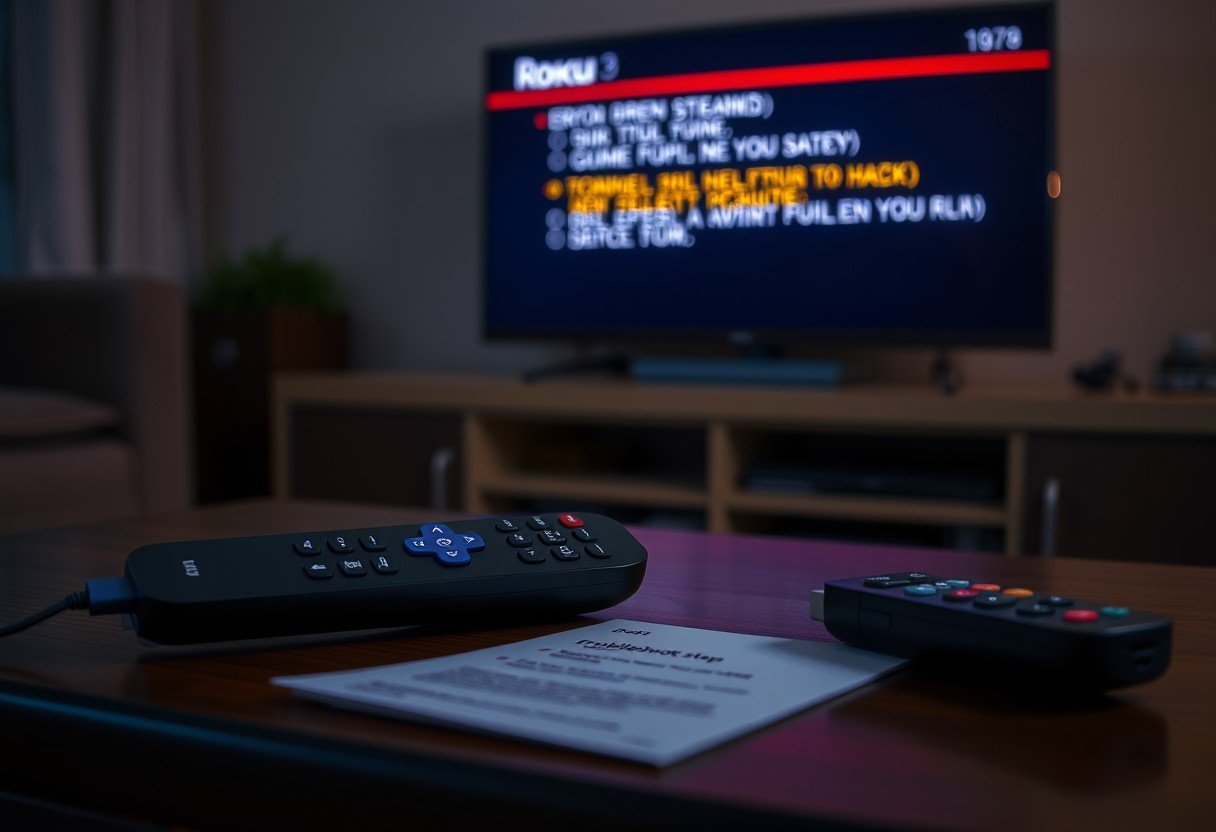Getting ready for wisdom teeth removal often comes with a list of rules, and the most important one is not to eat or drink anything beforehand. This isn’t just to make you hungry; it’s a critical safety step. Fasting ensures your stomach is empty, which prevents dangerous complications like food or liquid entering your lungs while you’re under anesthesia. Following this single instruction is key to a smooth and safe surgical experience.
The Primary Danger: Understanding Aspiration Risk
The number one reason your oral surgeon insists on an empty stomach is to prevent pulmonary aspiration. This sounds complex, but it simply means food, liquid, or stomach acid accidentally entering your airway and lungs instead of going down into your stomach.
This is a major concern during any surgery involving anesthesia. When you’re sedated, your body’s natural reflexes, like the gag reflex that protects your airway, are suppressed. If your stomach has contents, they can travel back up your throat.
Because you can’t cough or clear your throat effectively while under anesthesia, these contents can easily be inhaled into your lungs. This can lead to a serious lung infection called aspiration pneumonia, which can be life-threatening and require significant medical intervention after your surgery.
How Anesthesia Plays a Role in Fasting
Anesthesia is wonderful for keeping you comfortable and pain-free, but it temporarily changes how your body functions. The medications used for sedation relax your muscles, including the small muscle (sphincter) that keeps the top of your stomach closed.
This relaxation makes it much easier for stomach contents to regurgitate, or flow backward, into your esophagus and throat. Without a pre-surgery fast, your stomach would be actively digesting, full of food and acidic juices ready to cause problems.
An empty stomach simply removes the risk. If there is nothing in the stomach, there is nothing to come back up and potentially enter your lungs. This is why fasting is especially critical for procedures using general anesthesia or deep sedation.
Preventing Nausea and Vomiting during the Procedure
Beyond the serious risk of aspiration, having food in your stomach can also lead to nausea and vomiting. Anesthetic medications are known to sometimes cause these side effects, and the chances increase significantly if your stomach is full.
Vomiting while you are sedated is extremely dangerous. It not only increases the risk of aspiration but can also complicate the surgery itself, posing a risk to your breathing.
Fasting before your wisdom teeth are removed helps ensure a more pleasant and comfortable experience. By keeping your stomach empty, you reduce the likelihood of feeling sick during or after the procedure, which contributes to a smoother recovery process right from the start.
Ensuring Your Anesthesia is Administered Safely
Anesthesiologists carefully calculate the dose of medication you need based on factors like your age, weight, and overall health. Having food in your stomach can complicate this process.
Undigested food can delay or alter the absorption of medications, potentially affecting how well the anesthesia works. This could mean you aren’t adequately sedated, leading to discomfort and anxiety.
Furthermore, your body’s response to anesthesia can be less predictable with a full stomach. By following fasting guidelines, you provide your medical team with a controlled environment, allowing them to administer anesthesia safely and effectively.
What are the Official Fasting Guidelines?
While the core rule is “nothing to eat or drink,” the specifics can vary slightly. Your oral surgeon’s office will give you precise instructions tailored to your procedure and health history. It is absolutely essential to follow their directions exactly.
Generally, the standard guideline is to avoid all food and liquids for at least 8 hours before your scheduled surgery time. This provides enough time for your stomach to fully empty.
| Type of Intake | Typical Minimum Fasting Time |
| Solid Foods & Dairy | 8 hours before surgery |
| Clear Liquids (Water, black coffee) | Often allowed up to 2 hours before surgery |
| Anything Else (Gum, candy, etc.) | Not allowed during the fasting period |
Always confirm the specific timeline for clear liquids with your surgeon, as some may have stricter rules.
What about Water and Regular Medications?
This is a very common and important question. Dehydration is not ideal, so what is the rule about water? In many cases, surgeons allow small sips of clear liquids like water up to 2 hours before the procedure. However, you must confirm this with your specific provider.
The same goes for essential medications. You should never stop taking prescribed medicine without consulting your doctor or surgeon. They will give you clear instructions on how to manage your medication schedule during the fasting period.
Before your surgery day, be sure to clarify these points with your surgeon’s office:
- Exactly how many hours before surgery you must stop drinking clear liquids.
- Which of your daily medications you should take the morning of the surgery.
- Whether you should take your medication with a tiny sip of water.
Clear communication with your healthcare team is the best way to ensure there are no misunderstandings on surgery day.
Frequently Asked Questions about Fasting for Wisdom Teeth Removal
Why can’t I even drink water right before wisdom teeth surgery?
Even water can be aspirated into the lungs while under anesthesia. Most guidelines allow clear liquids up to 2 hours before surgery to allow time for the stomach to empty, but stopping all intake as instructed is a critical safety measure against this risk.
What happens if I accidentally eat before my wisdom teeth are removed?
You must inform your surgeon’s office immediately. Eating before surgery significantly increases your risk of serious complications. For your safety, your procedure will almost certainly be postponed to another day.
How long do I really need to fast before the procedure?
The standard recommendation is to fast from food for at least 8 hours. However, always follow the specific instructions given to you by your oral surgeon, as the time can vary based on the type of anesthesia used and your personal health factors.
Can I take my daily medicine before the surgery?
Discuss all your regular medications with your surgeon beforehand. They will tell you which ones are safe to take on the morning of surgery, often with a small sip of water, and which ones, like blood thinners, may need to be paused.
Does chewing gum count as breaking my fast?
Yes, chewing gum or sucking on candy does count as breaking your fast. These activities stimulate your stomach to produce digestive acids, which increases the risk of nausea and aspiration. You must avoid them during your fasting period.




Leave a Comment